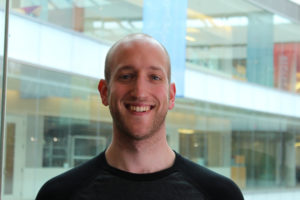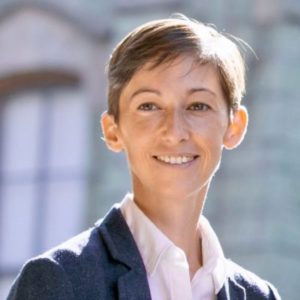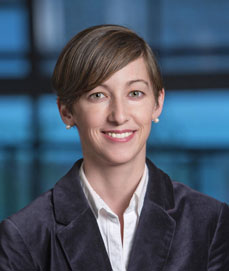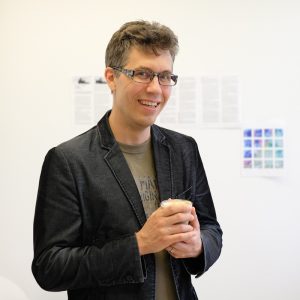by
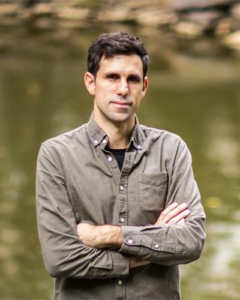
César de la Fuente, Presidential Assistant Professor in Psychiatry, Microbiology, Bioengineering and in Chemical and Biomolecular Engineering, has been named an American Institute for Medical and Biological Engineering (AIMBE) Fellow. The only faculty member inducted this year from the University of Pennsylvania, de la Fuente is one of the youngest members ever to have been selected as an AIMBE Fellow.
Election to the AIMBE College of Fellows is among the highest professional distinctions accorded to a medical and biological engineer, with AIMBE Fellows representing the top 2% of medical and biological engineers. College membership honors those who have made outstanding contributions to “engineering and medicine research, practice, or education” and to “the pioneering of new and developing fields of technology, making major advancements in traditional fields of medical and biological engineering, or developing/implementing innovative approaches to bioengineering education.”
Nominated and reviewed by peers and members of the College of Fellows, de la Fuente was elected Fellow “for the development of novel antimicrobial peptides designed using principles from computation, engineering and biology.”
A formal ceremony will be held during the AIMBE Annual Event in Arlington, Virginia on March 27, 2023, where de la Fuente will be inducted along with 140 colleagues who make up the AIMBE College of Fellows Class of 2023.
AIMBE Fellows are among the most distinguished medical and biological engineers, including 3 Nobel Prize laureates and 17 Fellows having received the Presidential Medal of Science and/or Technology and Innovation, along with 205 having been inducted into the National Academy of Engineering, 105 into the National Academy of Medicine and 43 into the National Academy of
Sciences.
This story was originally posted in Penn Engineering Today.
Read more stories featuring César de la Fuente here.



